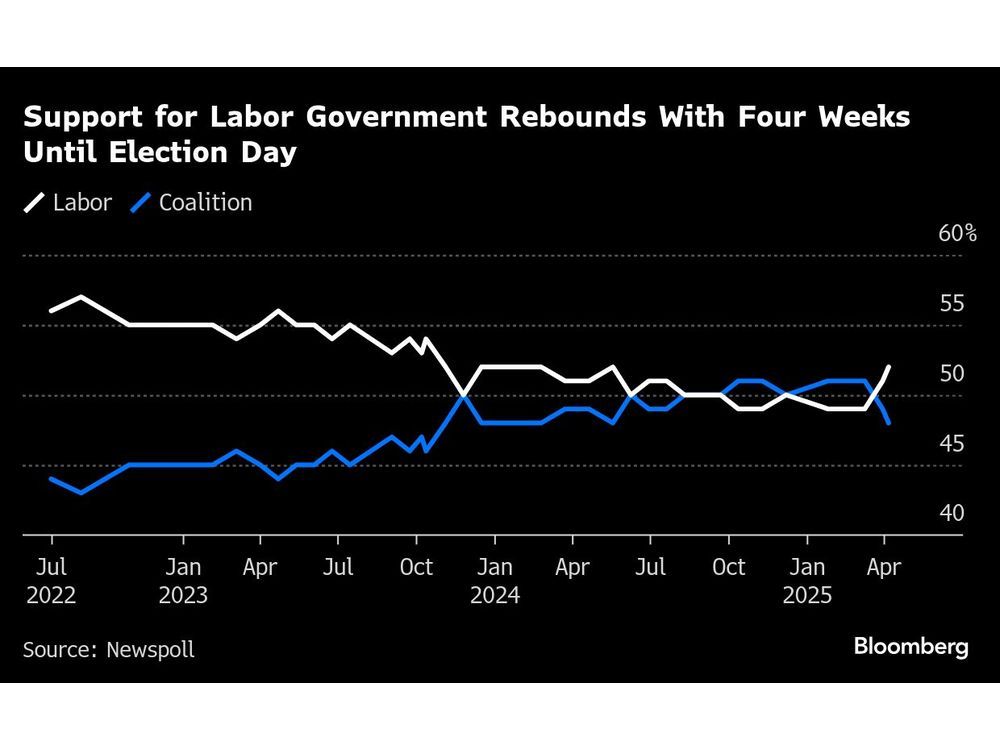What is Beta?
Beta is a term used to quantify the systematic risk of a security or investment portfolio. It calculates that risk relative to the market. Since systematic risk is a type of uncertainty revolving around a market, it can be critical to some investments. Beta quantifies the correlation between the returns from securities and any fluctuations in that risk.
Essentially, beta measures the volatility of an investment relative to the systematic risk in that market. The beta coefficient quantifies that correlation through regression analysis. Investors can use this metric as a part of the Capital Asset Pricing Model (CAPM). However, they may also divide it into two types, including levered and unlevered beta.
What is the Unlevered Beta?
Unlevered beta, also known as asset beta, does not consider the impact of debt over volatility. It does not include financial leverage when considering its market risk for a company. Unlevered beta removes any impact debt can have on a company’s returns. Consequently, it isolates risk to its assets only.
Unlevered beta only considers assets when calculating the systematic risk of a company. It removes any effects of leverage and debt from the capital structure. Therefore, it allows investors to assess the business risk of that company without including debt. Usually, unlevered beta is lower than a company’s overall beta. Investors can use the following formula to calculate it.
Unlevered beta = Beta / [1 + (1 – Tax rate) (Debt / Equity)]
What is Levered Beta?
Levered beta considers a company’s systematic risk while including equity and debt. Also known as the equity beta, levered beta is crucial in measuring volatility. Essentially, levered beta allows investors to consider the impact of a company’s capital structure while measuring risk. The higher the debt/equity ratio of that company, the lower its levered beta will be.
The levered beta allows investors to calculate the risk of holding a stock. Its calculation considers the impact of the capital structure of the underlying company. Similarly, CAPM usually also requires the levered beta. Calculating levered beta entails reversing the removal of the effect of debt. Its formula is as below.
Levered beta = Unlevered beta x [1 + (1 – Tax rate) (Debt / Equity)]
What is Debt Beta?
Debt beta is a metric used to gauge the systematic risk of debt returns. It is similar to equity beta but uses returns generated from debts instead. Although debt beta is a crucial component of the systematic risk calculation, it is insignificant in value. Debt beta increases due as gearing levels rise. It also contributes to equity and asset beta.
When calculating unlevered beta, the debt beta is considered to be zero. However, it may result in the understatement of the unlevered beta. Debt beta comes from the Equity Market Risk Premium (EMRP) and the risk-free rate of return (credit spread). EMRP refers to the excess returns an investment provides over the risk-free rate. In that case, the formula for debt beta is as follows.
Debt beta = Credit spread / Equity market risk premium
Conclusion
Beta is a measure of the systematic risk of an investment compared to the market. It comes in several forms, including unlevered and unlevered beta. The primary difference between the two is whether they consider the impact of debt on the capital structure. These calculations also require estimating debt beta, which measures the systematic risk for debt returns.
Further questions
What's your question? Ask it in the discussion forum
Have an answer to the questions below? Post it here or in the forum



